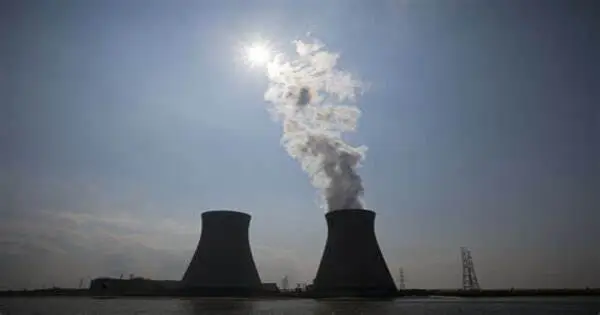In order to analyze the success of current energy policy, a group of experts looked back at a model that anticipated nuclear power would increase substantially. Computer simulations projected the widespread use of nuclear power more than four decades ago, but the persistent reliance on fossil fuels for energy demonstrates that these predictions need to be improved, according to a recent study.
A group of researchers examined the prominent 1980s model that predicted nuclear power would spread substantially in order to analyze the efficacy of current energy policies. Energy policies influence how we generate and utilize energy, affecting jobs, costs, the environment, and security. Simulations (also known as mathematical models) are used to produce these policies, which estimate factors like electricity demand and technological costs. Forecasts, however, may completely miss the mark.
Energy policy affects everybody, so it’s worrying when decisions rely on just a few models without questioning their limits. By questioning assumptions and exploring what we don’t know, we can get better decision making.
Dr Samuele Lo Piano
The team discovered that simulations that guide energy policy had untrustworthy assumptions built into them, and that they needed more clarity about their limitations, according to findings published in the journal Risk Analysis. To address this, they propose new methods for testing simulations and be open about their uncertainties. This includes techniques such as ‘sensitivity auditing,’ which assesses model assumptions. The idea is to improve modeling and make decision-making more accessible.
Lead researcher Dr Samuele Lo Piano, of the University of Reading, said: “Energy policy affects everybody, so it’s worrying when decisions rely on just a few models without questioning their limits. By questioning assumptions and exploring what we don’t know, we can get better decision making. We have to acknowledge that no model can perfectly predict the future. But by being upfront about model limitations, democratic debate on energy policy will improve.”

Modelling politics
Advancements in simulation technology often require improvements in modeling techniques, data accuracy, and computational power. Researchers and engineers continuously work on refining simulation models to better represent the complexities of nuclear systems.
Dr. Lo Piano’s contribution in a new book, The Politics of Modeling, emphasizes why the research is important for all sectors where mathematical models are used to influence decision and policy-making. The chapter examines the inherent difficulties and uncertainties that human-caused socioeconomic and environmental changes pose.
The chapter, headed ‘Sensitivity auditing – A practical checklist for auditing decision-relevant models,’ includes four real-world examples of sensitivity auditing in public health, education, human-water systems, and food provision systems.





